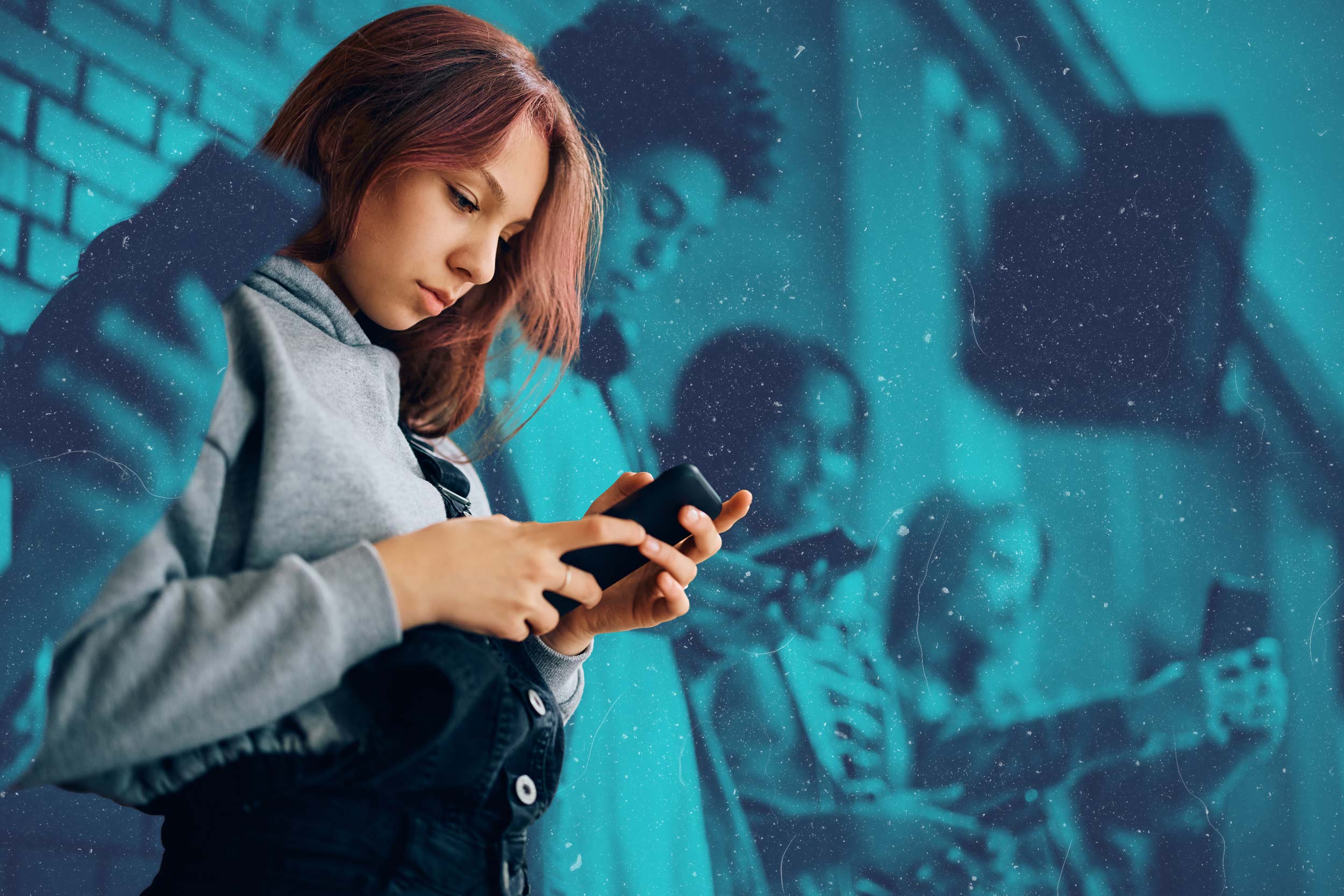It’s hard to find a teenager these days without a phone in hand or tucked into a backpack. Amid ongoing discussions about teens and their social media habits, concerns about the effects of those habits on mental well-being remain at the forefront.
Some challenges are part of appropriate adolescent development, including increasing independence, expanding relationship networks and efforts to define their identities.
Westley Fallavollita, a doctoral student in the University of Virginia’s School of Education and Human Development, says expanded relationship networks can be one place teens find support for positive social media use.

Westley Fallavollita, a doctoral student at UVA, says mentors can provide support for teens to develop positive social media behaviors. (Contributed photo)
In a brief he co-wrote, Fallavollita offered tips for how mentors can guide teens toward better digital wellness. UVA Today talked with Fallavollita to explore how mentors can help.
Q. What do you mean by “digital wellness” for teens?
A. Digital wellness is about having a healthy and balanced relationship with technology, where balance is more than just limiting screen time; it involves both time spent online and the nature of online activities. Digital wellness emphasizes skills that help teens become intentional and proactive when they use technology, rather than being passively drawn into social media algorithms. Digital wellness helps teens practice self-determination, empowering them to be active participants and to detach from social media to prioritize offline interactions when needed.
Like mindful eating in nutrition, digital wellness involves a nonjudgmental and curious approach to social media habits. Teens can reflect on their social media use, evaluate their emotional responses and work to adjust their behavior to align with their values. Teens can learn to recognize when engagement is becoming problematic and how to adjust their habits accordingly.
Ultimately, digital wellness helps shift teens from reactive, passive use, which has a greater association with negative outcomes, to proactive, intentional use, which can be more integrated with their goals.
Q. You suggest mentors help teens with digital literacy skills. What are some of those skills?
A. Digital literacy skills depend on the developmental level, personal characteristics and unique circumstances of each teen. Some teens may need fundamental skills related to privacy and safety, such as understanding who can see the pictures they share or how to manage their privacy settings.
Other skills include strategies to navigate online conflicts, such as cyberbullying and cyber victimization, or how to respond to negative interactions or misinformation. An increasingly important digital literacy skill is identifying positive role models, especially for teen boys drawn to polarizing online influencers.
These skills include setting personal boundaries for screen time and sticking to them, such as turning off screens an hour before bed or using productivity tools to limit social media use.
An important part of this self-regulation is understanding the persuasive design of social media platforms. Recognizing that these platforms are intentionally designed to capture attention and maximize engagement helps teens make informed decisions and develop insight into their own behavior.
Q. You recommend mentors encourage positive elements of social media. What are some of those elements?
A. Social media provides opportunities for positive development, including personal growth, relationships with others and engagement with communities.










